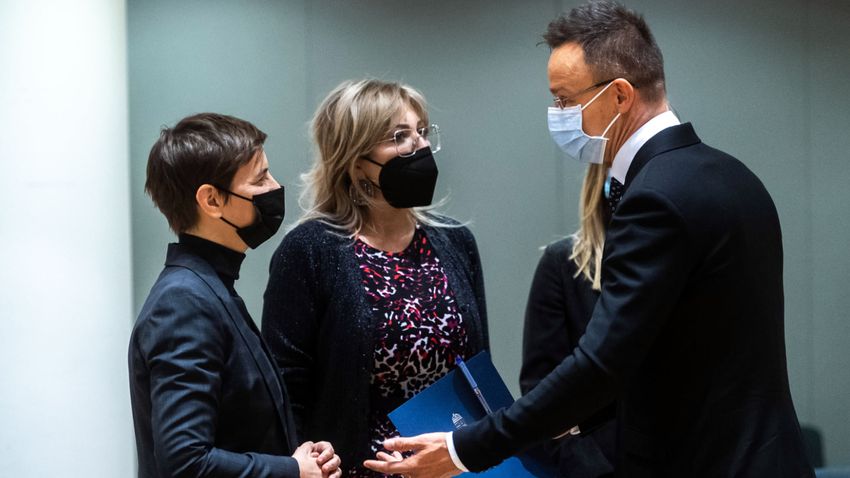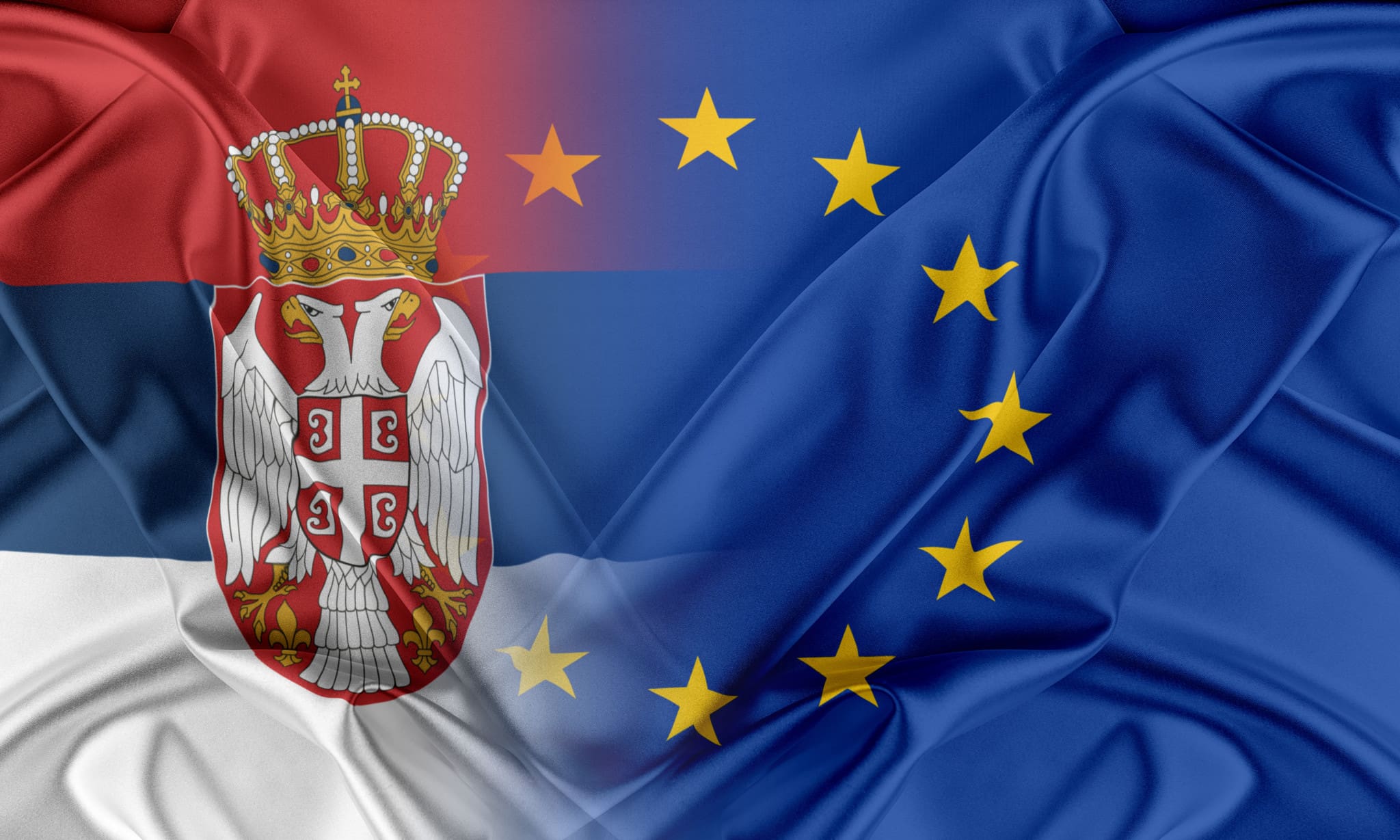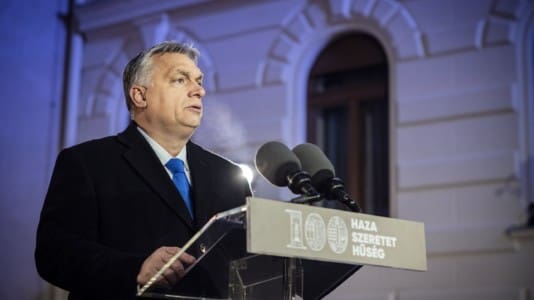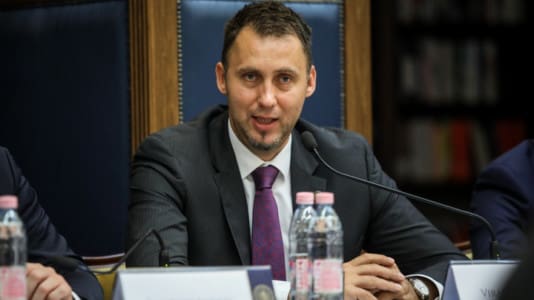While advancing entry negotiations with Serbia is a step in the right direction, the European Union should speed up the process even more, Hungarian Minister of Foreign Affairs and Trade Péter Szijjártó said on Tuesday after the meeting of the EU foreign ministers.
“If it were up to us, Serbia would have become a member of the European Union yesterday,” Szijjártó said. According to him, there is a great deal of hypocrisy in the European Union on this issue, because although everyone is publicly in favor of enlargement, behind the closed doors in Brussels, the resistance of Western Europe is leading to the EU failing to make the necessary decisions.

On Tuesday, the EU decided to open accession negotiations with Serbia in four chapters: climate change, energy, transport, and trans-European infrastructure.
“Serbia is taking another very important step forward in joining the European Union,” Hungarian EU Enlargement Commissioner Olivér Várhelyi said.
But he pointed out relations with Kosovo — formerly part of Serbia — and the rule of law “remain essential to the overall pace of accession talks.”
“[It is]“crucial that Serbia continues to deliver results on the ground,” Várhelyi said.
Szijjártó, however, said that accession talks should be accelerated further.
“Now that the EU is facing a number of historic challenges, enlargement could be particularly good news, a success story,” he said, noting that the union had so far opened 22 of the 35 negotiating chapters with Serbia.
“We thought that at least twice as much should have been opened today, we think Serbia is ready to do so. We are sorry that no consensus has been reached on this issue in Brussels,” Szijjártó said, noting that Hungary is working to open more negotiating chapters with the EU.
He reiterated that even in Tuesday’s debate, there was a perception of “enlargement fatigue” in the European Union and that those who were publicly in favor of enlargement were hindering it behind closed doors.





